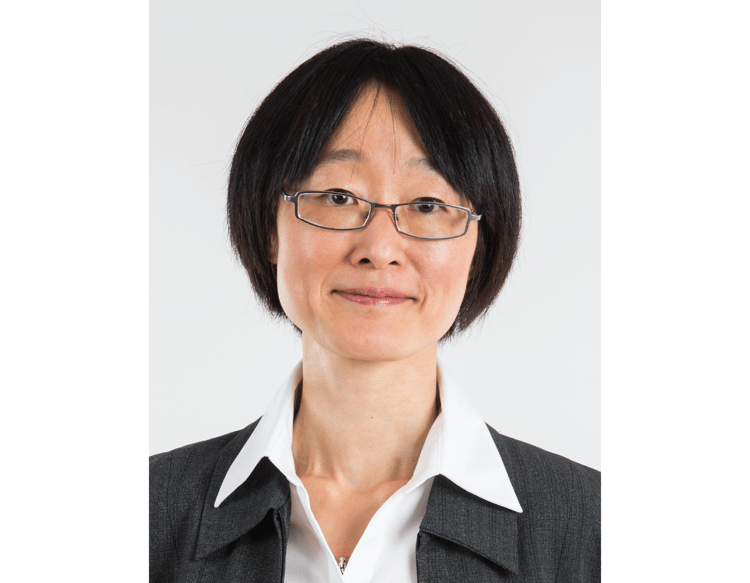Although I had wanted to work in the international development/humanitarian sector since my childhood, I started my career in the private sector. I moved from the private sector to the UN, UN to NGO, and now I am a business owner and a career coach. I have over 20 years of experience and worked in 19 countries. Having gone through all these transitions, I can tell these transitions are possible, but we need to be resilient and also need to be strategic.
I work with international development / humanitarian aid professionals in different stages of their careers (students, entry-level, mid/late-career, and retirement). People often ask me why I specifically provide career transition coaching for people in the humanitarian aid and international development field, including those leaving the field. For people who served in other functions (for example, the military), some resources/support may be available if they transition into civilian life. Unfortunately, in many cases, there's no such support for people who served humanitarian causes if they decide to return to their home country before retirement. For people whose careers have spanned many years and in different countries, finding a "home" and transitioning into a new career can be challenging.
Q. What do you think is the greatest challenge for career changers?
It is difficult to generalize as each person's challenges are unique. For some people who go through international career transitions, their challenges might be how their move could affect the career of their partner/spouse. For some people, it might be a long career gap in their resume because they have been taking care of their families. For others, it might be a lack of suitable opportunities in their new location. But I think many people struggle to shift their focus from "what can I do?" to "what do I really want to do?". Career transition is an excellent opportunity to reinvent ourselves. That means creating our own opportunities rather than just relying on opportunities others created for us (e.g., vacancy announcements). Once we are clear on what we want to do (vision) and why it is important (our values), we can start connecting the dots and design a career in line with our vision, values, strengths, passion, interests, and preferences.
Q. What is your coaching style?
Many of my clients have been working internationally. Their career transitions also affect their families (I also work with their accompanying spouses), so the coaching conversation often goes beyond their careers. Partnering with my clients, I take a holistic approach, focusing on their longer-term career/life satisfaction rather than just working on the technical side of the job search (CV writing, networking, interview, salary negotiation, etc., although I can also work on these). I usually start by helping clients identify their vision, values, strengths, passion, interests, and preferences. Slowing down to understand these will actually speed up the transition and contribute to their long-term life satisfaction and happiness.
Q. What three tips would you give to someone thinking about a career change?
During your career transition:
-
Gain clarity - "Where are you now in your career/life? Where would you like to be after this career transition?" Identify your longer-term career vision, values, passion, strengths, interests, and preferences and discover career options aligned with them.
-
Develop a realistic career strategy considering your long-term career goals beyond your next job. Networking is probably one of the most important elements during a career transition (and career development generally). If you are transitioning into a different sector (for example, from the private sector to humanitarian/International development and vice versa), networking becomes even more important.
-
Define what success means to you, and define it on your own terms, and do not compare yourself with others.
Q. What is the benefit of career coaching?
The coaching can facilitate a reflection process to increase your self-awareness (your career/life vision, values, passion, strengths, interests, and preferences) and provide better clarity. A career coach can also help you design a realistic plan to achieve your goals so you can see a clear path to your goals. This will also contribute to your enjoyment and happiness in moving towards your goal. I look forward to assisting you in creating a new resilient career and finding meaning and purpose in your life.
- With Yuki Gotanda
We are proud to have Yuki Gotanda as a career coach with Impactpool!
BOOK YOUR CAREER COACHING WITH YUKI
Yuki Gotanda has over 20 years of international experience in the private sector, UN (UNDP and WFP), and NGO. She has extensive international experience - worked in 19 countries throughout Africa, Asia-Pacific, North America, and Europe. Yuki worked in deep field locations, country offices, and headquarters. Having managed humanitarian projects in hardship duty stations, she understands the reality and challenges of humanitarian/international development work on the ground first-hand. She is passionate about supporting the career development/transition of international development/humanitarian aid professionals.
Yuki works with:
- Mid-career professionals who wish to transition into international development/humanitarian careers.
- International development/humanitarian professionals who are transitioning into new roles.
- International development/humanitarian professionals considering leaving the field and looking for new career paths (finding a job in the home country, starting a small business, etc.)
- Spouses & partners of international development/humanitarian professionals.- International development/humanitarian professionals transitioning into retirement.
Yuki is an International Coaching Federation (ICF)-certified coach. She holds M.A. in Human Rights and M.Sc. in Rural Planning and Development. In addition to coaching, she has served as a mentor for several organizations (in support of career development/transition of international development/humanitarian professionals).
Yuki Gotanda's LinkedIn profile

